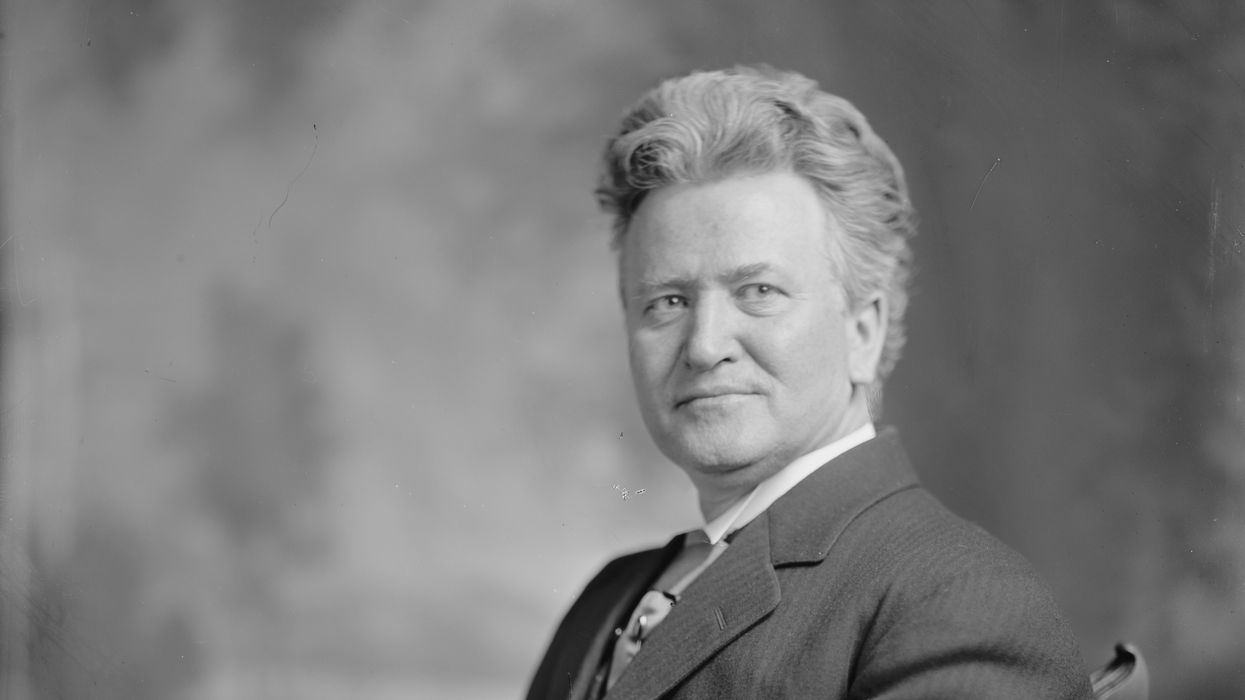Klug served in the House of Representatives from 1991 to 1999. He hosts the political podcast “ Lost in the Middle: America’s Political Orphans.”
As Mark Twain famously wrote: “History doesn’t repeat itself, but it rhymes.”
At the turn of the 20th century, a wave of political reform swept the country, led by Wisconsin Sen. Robert La Follette and his sometimes ally — and often sparring partner — President Theodore Roosevelt.
Today it seems hard to believe that one of their cornerstone initiatives was even necessary: They reached halfway across the world to steal from the Australians the secret ballot. Before then, pre-printed, filled-out ballots were handed out by political machines in major U.S. cities.
Soon a second idea swept the country: the direct election of senators. Since the enactment of the Constitution, state legislatures had made those decisions, but now citizens would.
Today a new era of reform fervor is sweeping the country.
“It certainly parallels the progressive reform era of about a hundred years ago,” says Katherine Gehl of the National Association of Nonpartisan Reformers. “People are frustrated with the political system. And there's a subset of those people who are proposing multiple different solutions.”
The most far-reaching, comprehensive plan focuses on variations of ranked-choice voting. Some versions of RCV pair with an open primary in which candidates run without party identifications. Voters rank them and a subset, usually four or five, moves onto the general election.
In that second round the candidate with the lowest total is dropped, and that person’s ballots are redistributed to voters’ second-choice candidates. And so it goes, until there is a winner. The underlying assumption is that fringe candidates will fall by the wayside and more moderate consensus candidates will win.
Maine and Alaska already use a variation, as do New York City and San Francisco. Battleground Nevada has a referendum this fall on phasing in the voting system in 2026.
But as support builds around the country, so does skepticism. San Francisco political scientist Josh McDaniels has studied his hometown mayoral election. “My headline on this party reform shows it has very minimal effects,” he said. “What reformers promise is incredibly unrealistic in terms of what tinkering with the rules of primary elections can actually accomplish.”
Will ranked-choice voting and open primaries change the incentives and results of American elections, or just reshuffle the deck chairs? I explore those issues in “The Ghost of Bob LaFollette,” episode 12 of “Lost in the Middle: America’s Political Orphans.”
https://scottklug.substack.com/p/episode-12-the-ghost-of-bob-la-follette




















